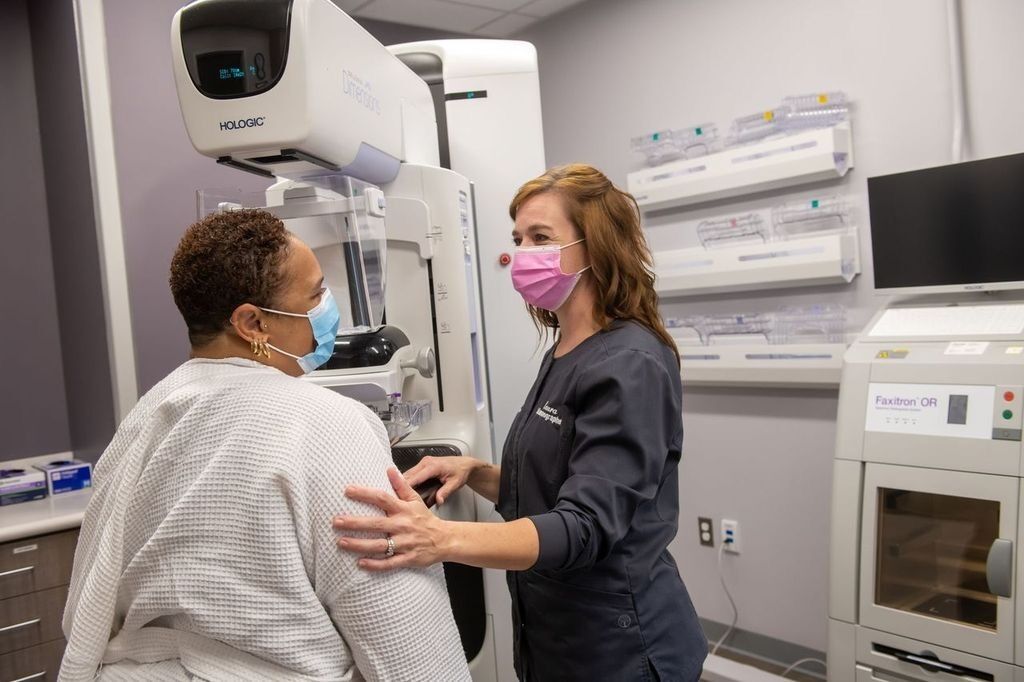

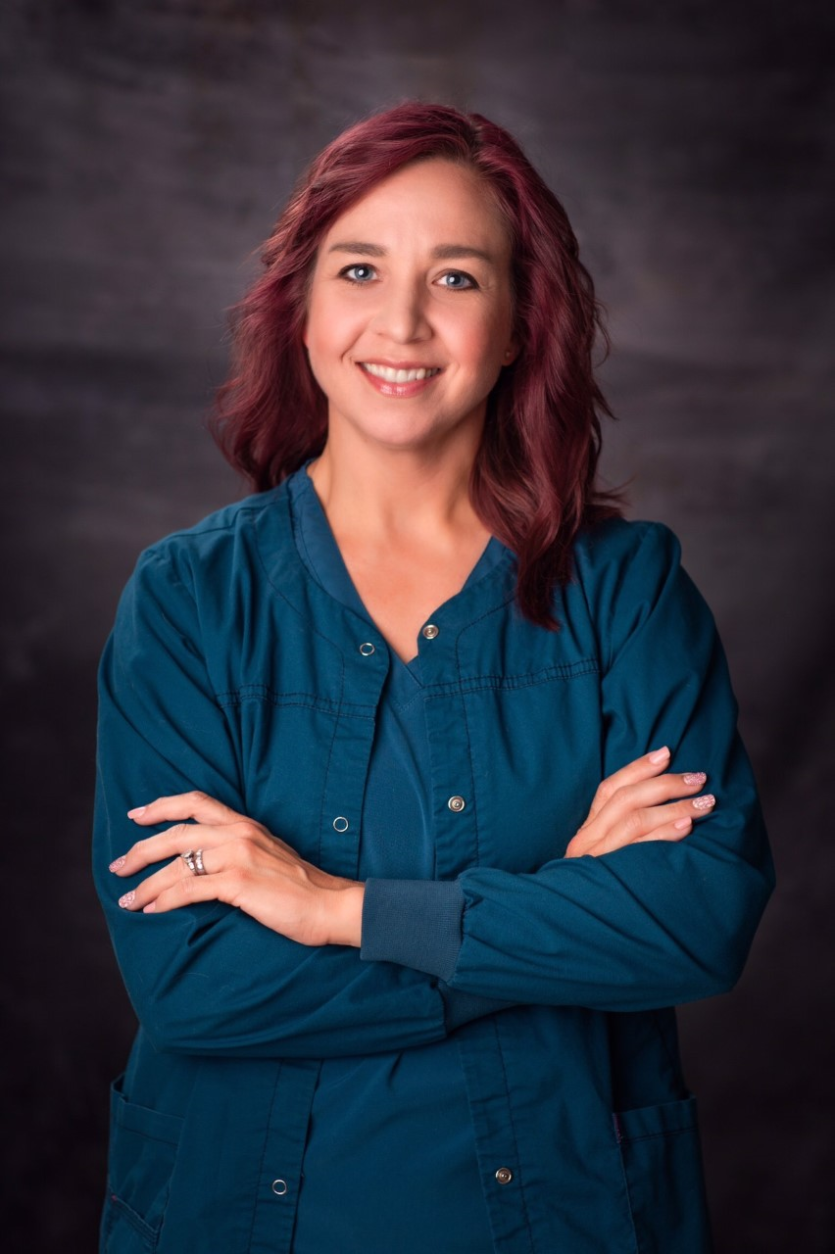
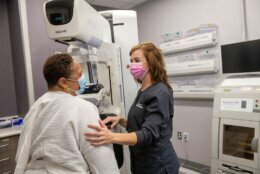
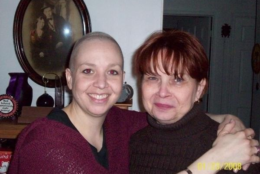
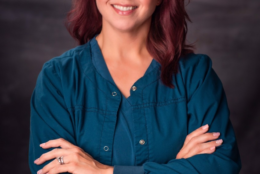
As common as breast cancer is — about one in eight women will be diagnosed in their lifetime — there still are misconceptions about the disease.
“I do hear frequently, ‘I’m not concerned; I don’t have any family history,’ — well neither did I,” said 13-year survivor Laura Stottlemyer who is a mammographer at MedStar Montgomery Medical Center in Olney, Maryland.
“About 75% of those diagnosed actually have no family history,” she said.
The No. 1 driving factor of elevated risk for breast cancer is being a woman, though men get it, too. Advanced age is another factor.
Having close relatives with breast cancer means you’re more likely to develop the disease.
“The main things that we do look for are first-degree relatives,” Stottlemyer said. “And that would include your mother, your sisters or even daughters. And, it can extend to the male side of the families including father, brother or even sons.”
Stottlemyer’s cancer was diagnosed after she discovered a lump during a self-exam.
“And, I was fairly young when it was diagnosed, actually earlier than the recommended guidelines of 40-years-old to start my annual screening mammograms.”
Early detection is key for breast cancer survival.
“When breast cancers are diagnosed earlier, they can have up to 99% treatment rate, which is pretty good odds,” Stottlemyer said.
You can learn more about what to expect during a mammogram screening procedure online.








